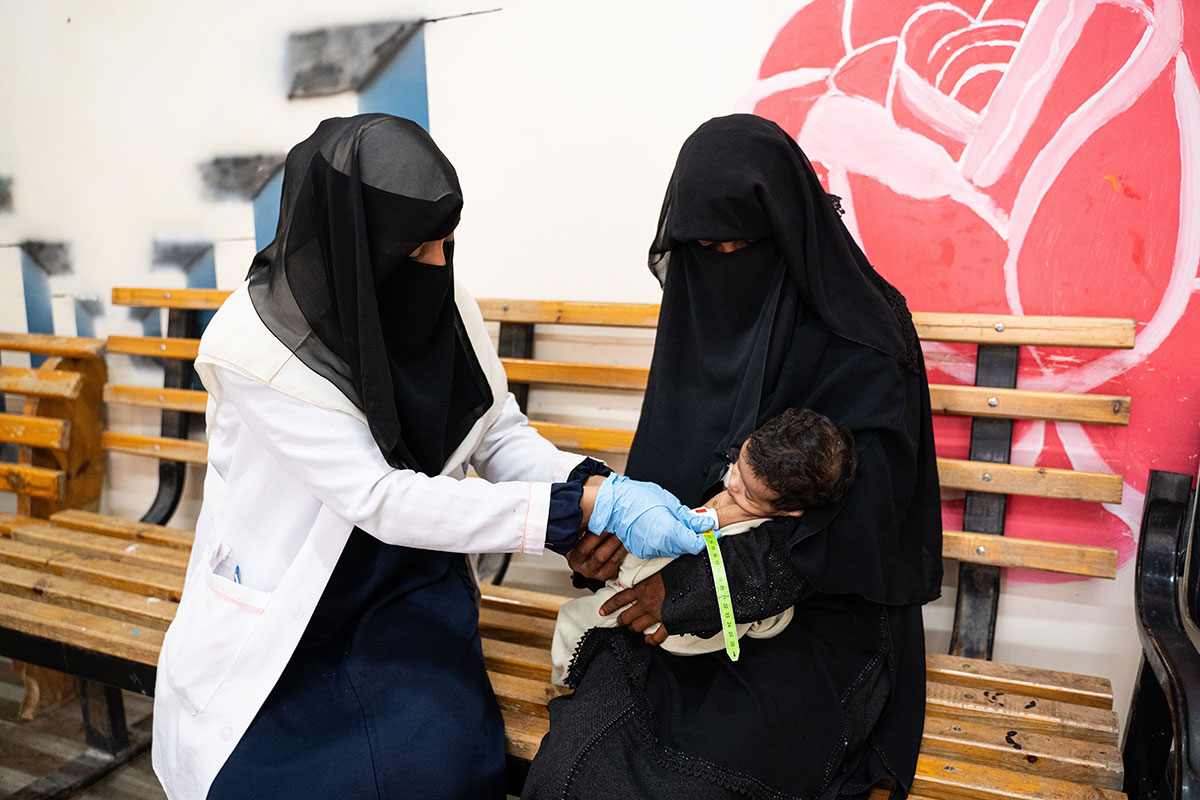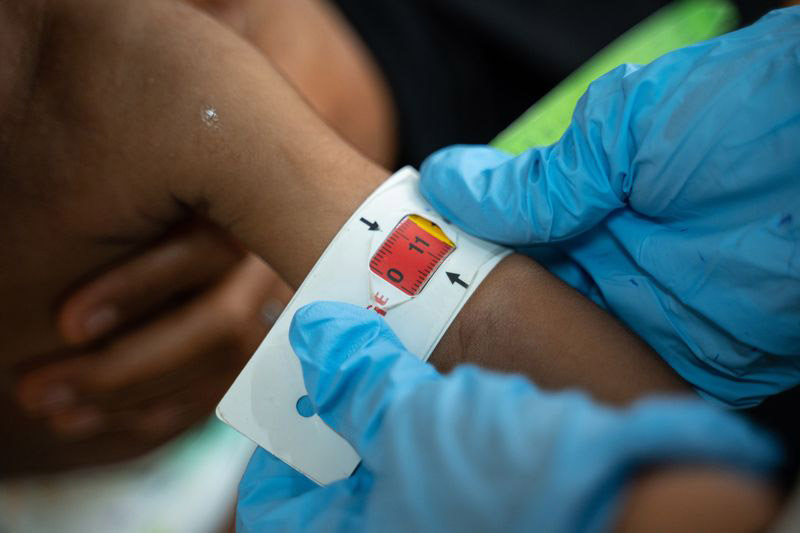 1 April 2024 – A couple of years back, a house full of life and warmth dissolved into ruins amid the conflict that was ongoing in Al Hudaydah governorate. With a heavy heart, Maisa describes the loss of her home to war: “I was once above the sky to finally have a home of my own with my little family, and now what we once had as our home turned into rubble, ripping away all the joy I once had.”
1 April 2024 – A couple of years back, a house full of life and warmth dissolved into ruins amid the conflict that was ongoing in Al Hudaydah governorate. With a heavy heart, Maisa describes the loss of her home to war: “I was once above the sky to finally have a home of my own with my little family, and now what we once had as our home turned into rubble, ripping away all the joy I once had.”
The ongoing conflict in Yemen has inflicted devastating impacts on its people, especially children. The bombs stole not only Maisa’s roof, but also the joy of her family and the memories held in every corner of the house.
Two years have passed since Maisa and her family had to flee to Marib from the clutches of the war in Al Hudaydah. Now Maisa lives with her husband and 2 children, along with her husband’s 3 sisters and their parents, in a camp for internally displaced people in Marib city. The family members are split between 2 tents and share a single bathroom. Living conditions are cramped in the overcrowded camp.
Since Maisa’s family moved to Marib, her husband struggles to find consistent daily work and secure basic necessities. The conflict has crippled the country’s economy as well as its health system, and the family constantly worry about how they will afford their next meal. The deteriorating economic situation, a direct result of the conflict, has made food insecurity worse, causing millions to face the threat of starvation. As a result, levels of undernutrition, among children especially, are rising, leaving millions vulnerable to malnutrition and illness.
“My husband works for daily wages,” Maisa explains, “but there’s no guarantee of work every day. The constant worry about our next meal is a heavy burden.”
The conflict has unleashed immense suffering on the people of Yemen. Displacement adds yet more agony to families like Maisa’s who must endure extreme poverty, malnutrition and illness, coupled with the harsh conditions of living in a camp. Maisa’s 8-month-old son, Hassan, exemplifies this struggle.
Hassan was diagnosed with severe acute malnutrition after being referred to the WHO-supported therapeutic feeding centre (TFC) at Al Shahid Mohammed Hael Hospital, Marib. He struggles to sleep or breastfeed properly. This is not Hassan’s first battle with malnutrition; conditions in the camp have caused him to relapse.
 “My child has been frail from the moment he was born, and now his condition is improving, I just wish I could maintain the health of my child,” says Maisa. “I live in constant fear [of] losing him to malnutrition and disease.”
“My child has been frail from the moment he was born, and now his condition is improving, I just wish I could maintain the health of my child,” says Maisa. “I live in constant fear [of] losing him to malnutrition and disease.”
WHO, along with the Central Emergency Response Fund, plays a critical role in supporting 23 TFCs across Yemen, providing essential medical supplies, laboratory supplies and water, sanitation and hygiene supplies, and covering oxygen refilling costs. WHO also supports nearly 395 health workers with performance-based payments to maintain life-saving health and nutrition services. The health workers have gone beyond the provision of life-saving services provision to apply preventive measures too, in the form of both infant and young child feeding counselling, and mental health and psychosocial support.
These 23 TFCs provide all their services free of charge, while consistently meeting the quality standard of life-saving health and nutrition services. This ensures access to life-saving treatment for thousands of children like Hassan. With the WHO support, the centres have so far treated about 8774 severely malnourished children aged under 5 years. Nearly 97% of these children have recovered and been referred to the outpatient therapeutic feeding programme for follow-up.
“I could have lost him if it wasn’t for the free-of-charge treatment here ¬– for that, I’m very grateful for WHO for saving my child,” says Maisa, of Hassan. “I wish that my children remain healthy and have regular meals. Every mother wishes to be able to save her children from agony and turn their suffering into happiness.”
*Note: The beneficiary is in a hard-to-reach location, and was only accessible via phone. The images used are expressive and are not related to the person or location mentioned.




